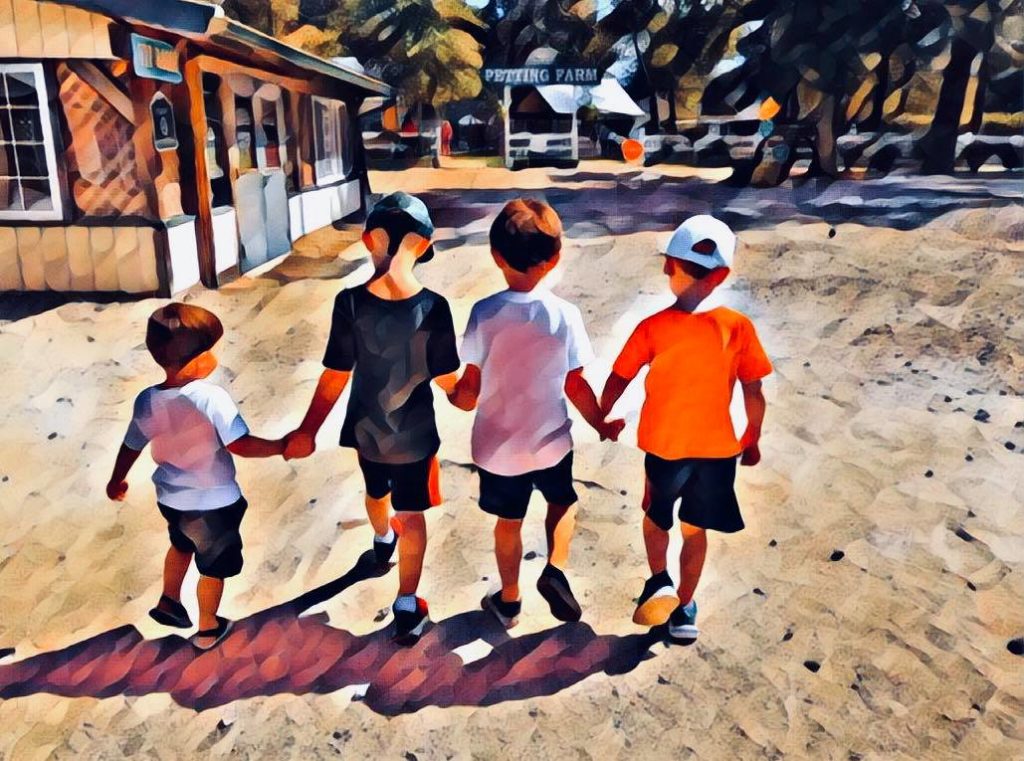
I have been thinking a lot about redesigning our schools, our curriculum, and shifting school culture during this window of pandemic opportunity. I have found myself considering how if everything we did in schools was tied to empathy, passion, and social justice, just imagine the level of impact or legacy we could leave as educators. I landed on how we need to develop our classrooms into passionate learning communities, places of inquiry. Spaces where we all feel safe to ask hard questions, think out loud, tinker, build and fail.
Somehow passion-based learning, the kind tied to the excitement, motivation, and love of learning something new, morphed into personalized or interest based learning. What we do with kids in school should be as much about helping them find their passions (as a part of their identity formation) as it is about giving them knowledge in the form of content and test preparation. Interest driven, self directed learning is important, but only in the context of connecting their interests to whom they are becoming.
Passion based learning is tied to being, to dreaming, to possibilities. It is about thinning classroom walls and using technology as a portal to connect with subject matter experts and ideas. Personalized learning is often a cheap imitation tied to classrooms, chunking content, and mastery of content objectives. Personalization is more times than not, a collection of interest based topics or themes connected to some form of adaptive learning and machines. We call it personalization and infusion of technology into the curriculum, but in reality it is often simply standardization of learning in such a way that students formulate problem definitions suited for technology-assisted methods that allow for data analysis, abstract models and algorithmic thinking around their responses.
What if we use this challenging time to take a break from content and cleverly contrived learning activities to really get to know your students. What are their dreams? What are their passions? What keeps them going in this time of craziness? Because if you can find their passion, you just found their purpose. And shaping purpose, identity and direction is at the heart of lifelong learning and fulfillment.
Passion is the energy force that keeps us going, that keeps us filled with meaning, joy, excitement, and hope. Passion is a powerful force in accomplishing anything you set your mind to, and is key to experiencing school, work, and life to the fullest extent possible. You want to create grit and resilience in adults or kids? Tie it to passion. Purpose is the reason you way find. Passion is the fire that lights the path.
“To do good things in the world, first you must know who you are and what gives you meaning to your life.” Paula Brownlee
“I have no special talents. I am only passionately curious.” -Albert Einstein
Want to know more about passion based learning as a curriculum strategy? Why not take our self paced course called Project, Passion and Problem Based Learning.
Latest posts by Powerful Learning Practice (see all)
- Hurry, you do not want to miss out on this… - November 3, 2020
- Resist the Urge to Quit Prematurely - October 26, 2020
- Let’s Move Past Feeling Disconnected from Your Students. Words Matter - October 24, 2020

